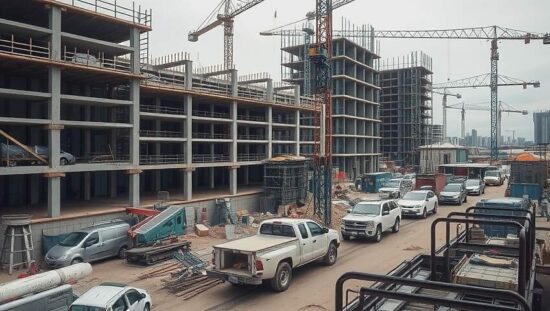The ambitious Stuttgart 21 rail project, a cornerstone of German infrastructure development, faces a significant and likely protracted delay, according to sources within Deutsche Bahn (DB). Evelyn Palla, CEO of DB, informed the project’s supervisory board and partners on Wednesday that the planned December 2026 opening will not be met. This announcement follows internal assessments, dating back to before Palla’s appointment, which underscored substantial risks against the original timeline.
The primary catalyst for this setback lies within the “Digital Hub Stuttgart” a pilot program intended to revolutionize rail signaling and control systems within the Stuttgart metropolitan area. Critical issues have arisen concerning the approval and clearance of technology supplied by Japanese conglomerate Hitachi, a pivotal partner in the Digital Hub’s execution. The exact nature of these technical impediments remains unclear, but their severity appears substantial enough to warrant a complete reassessment of the project’s trajectory.
This latest delay throws into sharp relief the broader questions surrounding the Stuttgart 21 project, which has been plagued by cost overruns, engineering challenges and persistent public opposition. Critics are already seizing upon the news, arguing that the delays underscore a lack of oversight and potentially flawed planning within DB. The project, initially conceived as a modern and efficient transport solution, has become a symbol of bureaucratic inertia and the difficulties inherent in large-scale infrastructure initiatives.
While Palla has refrained from suggesting a revised completion date, sources suggest that a new timeline will not be available until mid-next year, contingent upon the development of a viable plan for finalizing the project. The risk, observers warn, is that further postponements will erode public confidence in Deutsche Bahn and exacerbate the already complex political landscape surrounding Stuttgart 21. The project’s future now hinges on DB’s ability to swiftly and transparently address the technical issues, regain lost credibility and deliver a workable solution, however delayed, to avoid further damaging the reputation of Germany’s national rail network.





